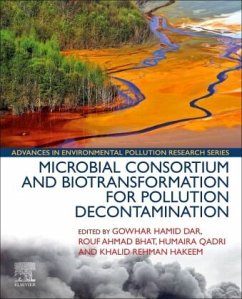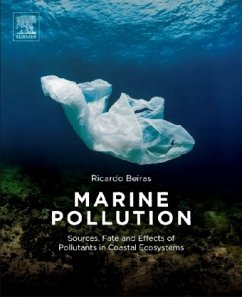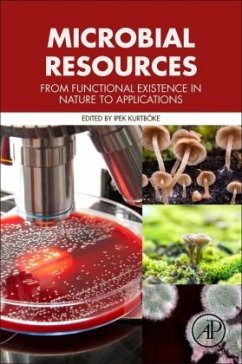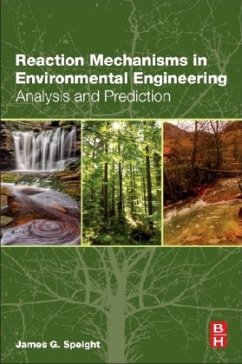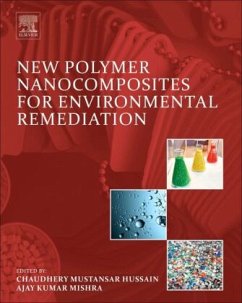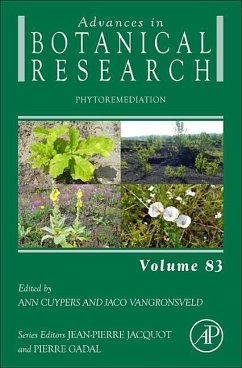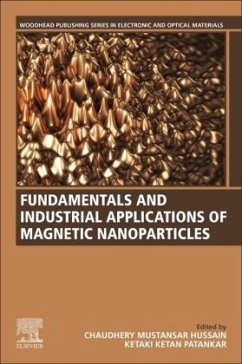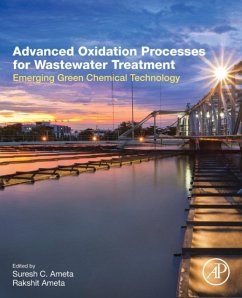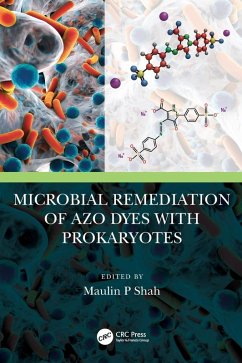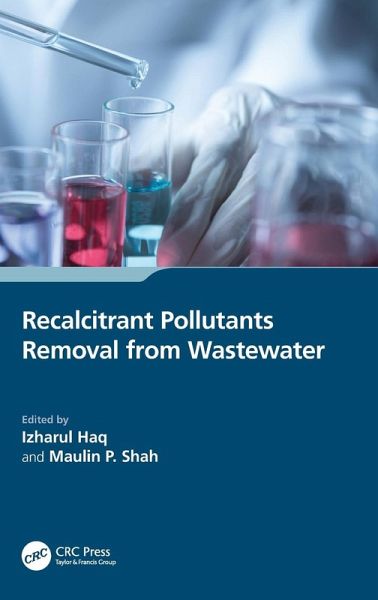
Recalcitrant Pollutants Removal from Wastewater
Versandkostenfrei!
Versandfertig in 6-10 Tagen
96,99 €
inkl. MwSt.
Weitere Ausgaben:

PAYBACK Punkte
48 °P sammeln!
Recalcitrant Pollutants Removal from Wastewater examines the role of indigenous microbes in the degradation and detoxification of wastewater utilizing the latest biological treatment technologies. It emphasizes environmental sustainability as a core theme in facilitating the adoption of circular economy objectives by industry and policymakers alike. Numerous environmentally sound strategies for industrial wastewater treatment are presented throughout, as well as practical applications for treated wastewater, including irrigation, aquaculture, and agricultural uses. Further, this book highlight...
Recalcitrant Pollutants Removal from Wastewater examines the role of indigenous microbes in the degradation and detoxification of wastewater utilizing the latest biological treatment technologies. It emphasizes environmental sustainability as a core theme in facilitating the adoption of circular economy objectives by industry and policymakers alike. Numerous environmentally sound strategies for industrial wastewater treatment are presented throughout, as well as practical applications for treated wastewater, including irrigation, aquaculture, and agricultural uses. Further, this book highlights best practices for the most cost-effective approaches for wastewater bioremediation technologies, as well as life-cycle evaluations of advanced wastewater detoxification approaches for restoration.
Covers the most advanced and innovative approaches for the management of toxic compounds in industrial wastewaters.Describes how microbes can be helpful in successfully removing heavy metals from wastewater.Discusses bioremediation approaches frequently used for the mass biotechnological treatment of agricultural fields.
Covers the most advanced and innovative approaches for the management of toxic compounds in industrial wastewaters.Describes how microbes can be helpful in successfully removing heavy metals from wastewater.Discusses bioremediation approaches frequently used for the mass biotechnological treatment of agricultural fields.




